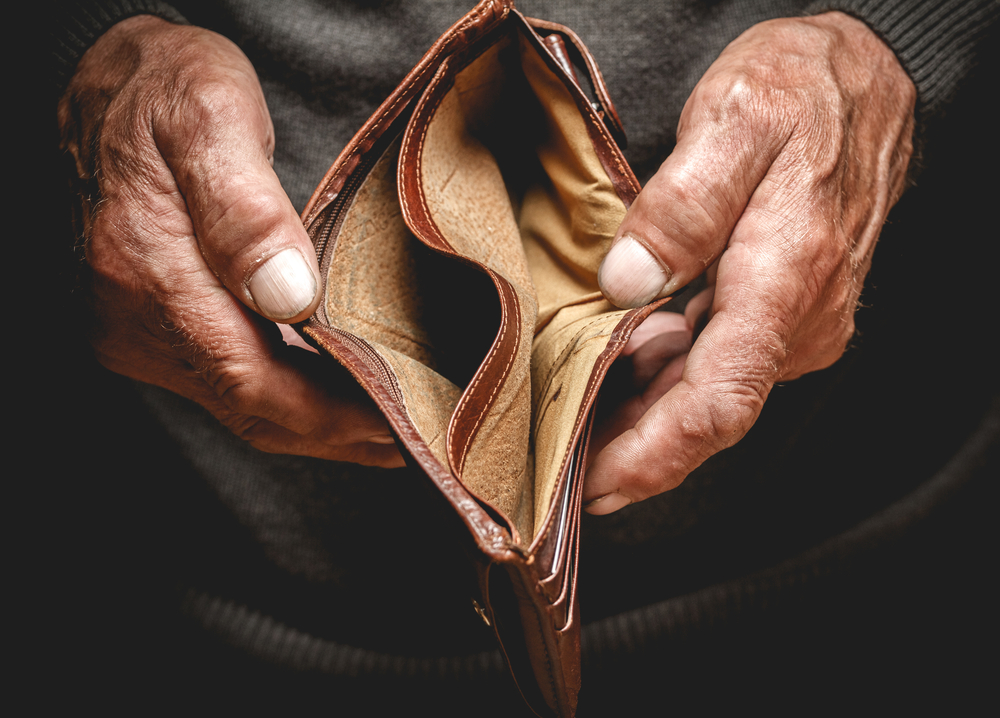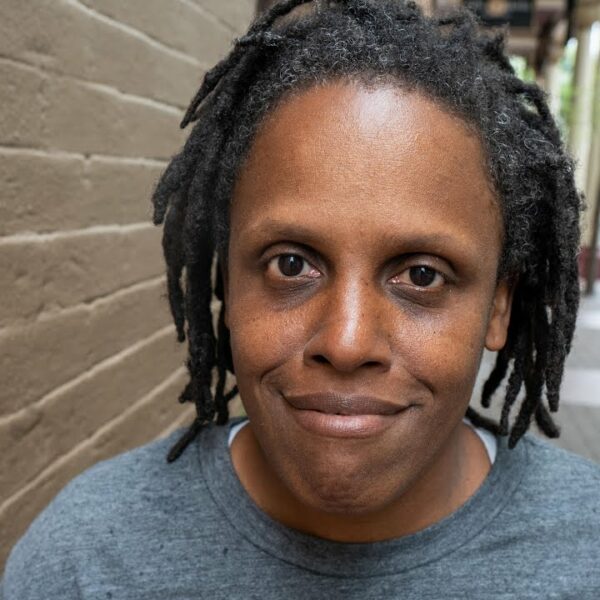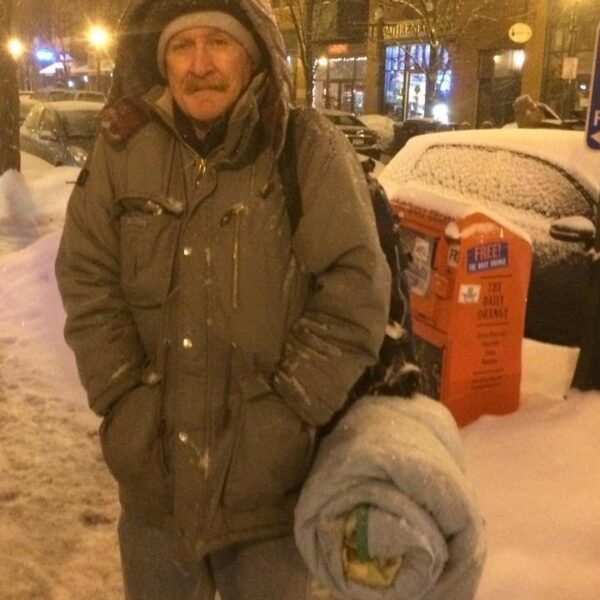It was my typical Thursday night. I walked into the front doors of Park View, a homeless shelter for adult families. I removed my coat, belt, and backpack, before pushing it through the scanner.
As I walked through the metal detector, I noticed a homeless couple shuffle in with dozens of trash bags, luggage, and a few plants. They carried in a big flat screen television. Eyes were on them instantly. The woman had a nice expensive coat on, as well as snow boots.
“Hey! Ma’am! You can’t have that in here!” yelled the police officer, currently patting me down.
Immediately I thought to myself: Yes, because I, as a newly homeless person, am no longer allowed to have nice things. And I most certainly have all this extra cash just lying around to rent an overpriced storage unit in Manhattan.
The story goes as follows:
As a poor person, you must be punished for your terrible financial decisions.
You no longer deserve that PlayStation you purchased last year before your mother died, or you lost your job, or before your landlord doubled your rent. You don’t deserve a coffee maker, or a rice cooker!
Convenience? Not for you!
Caffeine? You better walk yourself around the corner to Dunkin’ Donuts and overpay for a cup of coffee!
Can’t afford that? Maybe you shouldn’t be drinking coffee then. Coffee is for privileged middle-class folks with homes.
And, of course, you most certainly don’t deserve a flat screen television. You don’t deserve air conditioning, cable, internet access, a computer, or even a plant.
These were all the things I was not allowed to have at Park View.
Did I improvise, break rules, and do whatever it took to make the worst days of my life a little more tolerable, a little more manageable? You bet!
I overpaid for mobile hotspot data (which I shared with neighbors) and sneaked in a laptop. With that laptop, I took an online college course, started writing about my homeless experience, and emailed my social worker. I also played a lot of video games and watched movies on that laptop. Without it, I don’t think I would have survived.
I needed a distraction from those four walls, a sense of normalcy. I needed to find ways to live normally and remind myself that I am still myself. Somewhere in this situation, I still exist, I am still a person. And hopefully, eventually, this situation will not exist anymore, but I will.
In the article titled Poor People Deserve Nice Things, from Wear Your Voice Magazine, author Reina Sultan shares with us how strongly classism is weaved into our society:
“Just consider how we approach homeless people. We see this obsession with poor people’s spending habits especially with people experiencing homelessness. Housed people are so wary of giving homeless people actual cash for fear they might spend it on drugs or alcohol. This is misguided for so many reasons, but the hypocrisy is so clear. Why should someone with a house get to buy cannabis or a bottle of wine to enjoy in the comfort of their homes, while a homeless person can’t do the same? Your five dollars that you gave to that homeless person isn’t going to get them into housing– but it does give them five more dollars to do with what they please. That includes buying themselves a drink if they want.”
A System That Actively Works Against Poor People
Even after being housed for well over a year, like Sultan, I still find myself doubting myself, riddled with guilt, questioning whether or not I deserve it. I question if I deserve the roof over my head. I question if I deserve all the great things happening in my life right now. Do I deserve to invest in my hobbies, or buy myself a treat now and then?
I walk through life being afraid of every choice I make, because every decision I make somehow ties back into my homelessness and my chance of becoming homeless again.
I didn’t teach myself this, I learned it. I’ve been conditioned to look down upon poor people. Poor people have been conditioned to look down upon other poor people.
And that’s truly the worst part. They’re blaming themselves as if capitalism doesn’t exist. And we aren’t simply doing our best to survive in a system that actively works against us.
As Sultan best explains it:
“I was fighting a notion that is hammered into our minds in a capitalist society. Poor people need to work hard and enjoy nothing until said work lifts them into a higher socioeconomic class. Only then can a previously poor person enjoy the fruits of their labor. Only rich people deserve to participate in American consumerism. The rest of us are just too lazy to have nice things. We poor people aren’t financially literate enough to make the right monetary decisions. That’s why we’re still poor.”
Sultan works in international development at an organization that provides unconditional cash transfers to women. This means they can spend the money however they want. It’s theirs!
I found this quite fascinating, and considered how impactful that could be for homeless people right here in the states. For most homeless folks, they are homeless because of low wages and high cost of living. They don’t make enough money to rent an apartment. And because living in your car is so expensive, it takes a long time to save up for that security deposit and first month’s rent. Of course, that’s assuming they can find a landlord willing to rent to a homeless person … but I digress.
Unconditional cash transfers could mean a few days in a motel. It could mean a nice treat to make poverty a little more manageable.
But Americans walk swiftly past homeless panhandlers every day of the week. Until we shift the blame from the poor, the disenfranchised and the marginalized, and on to where it belongs – the rich, white capitalists who refuse to abandon a system that destroys the lives of millions for their own gain – well friends, nothing can change.
Photo by Ben Hershey on Unsplash













